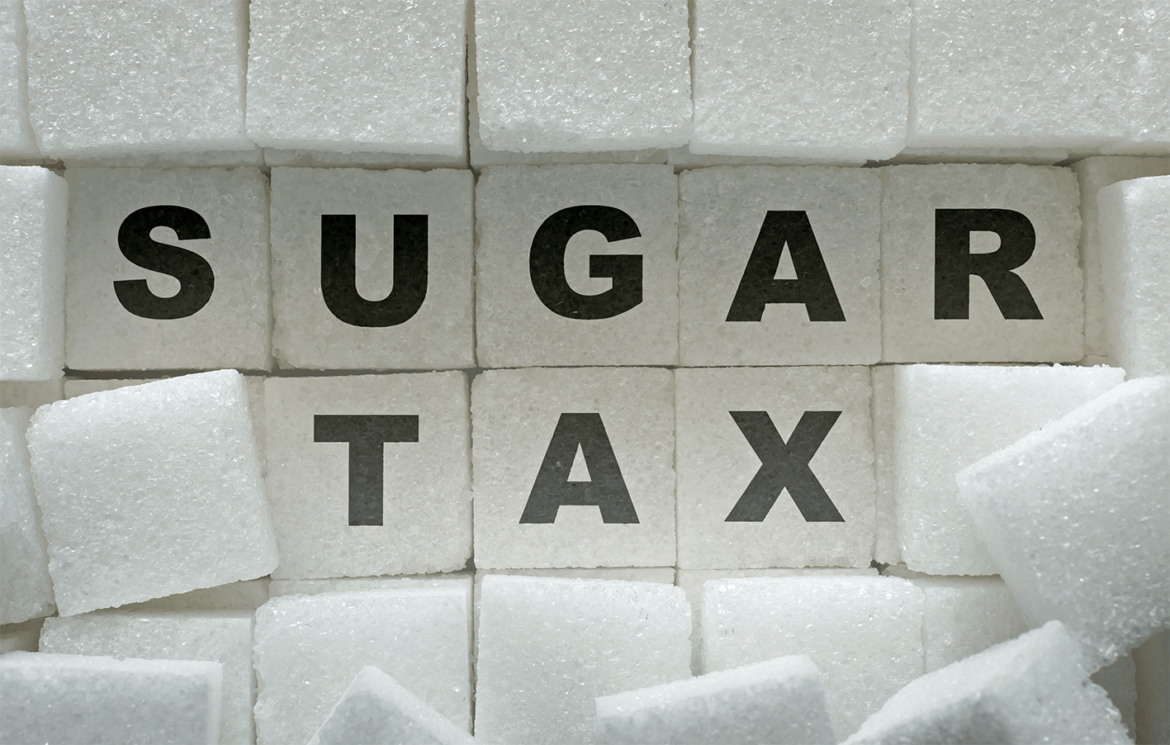The impact of the sugar tax has not been as significant as expected, analysts at Nielsen have revealed.
The research around the effect of the levy, which came into force in April, revealed that 62 per cent of UK shoppers claim to have not changed their consumption behaviour in any way post-sugar tax, and only one fifth are checking sugar content on packages more frequently since the tax has come into effect. Furthermore, 11 per cent of shoppers claimed they planned to stop drinking sugary soft drinks prior to the tax; this number has fallen to just one per cent post-tax. The number of people who said they would continue to buy sugary soft drinks also, surprisingly, grew post-tax, increasing from 31 per cent in February to 44 per cent in June.
Prior to the tax being rolled out, the majority of the UK supported the Government-imposed levy, and some even felt it wasn’t strict enough; 54 per cent of respondents supported the tax, and since its implementation, 69 per cent said it should be expanded to confectionery and biscuits.
Aylin Ceylan, Consumer and Shopper Partner at Nielsel, commented: “Although the sugar tax hasn’t been as drastic as anticipated, sugar intake is still a major health concern for the majority of Britons. Sugar continues to be the number one health concern for the fourth consecutive year and initiatives like the Soft Drinks Industry Levy doubtless contribute to furthering awareness. While we haven’t seen any significant changes in consumer habits, we have seen manufacturers adapt accordingly. The average sugar content has been steadily decreasing in key FMCG categories, such as carbonated drinks and breakfast cereals.
“Most soft drinks now actually fall below the sugar tax threshold, as manufacturers have been encouraged to reformulate most sugary drinks. As a result, drinks below the threshold are driving growth due to more households buying more, often at higher prices, and shoppers shifting to low-sugar alternatives. Post-sugar tax, shoppers are also continuing to purchase sugary soft drinks, but buy less and less often.”


